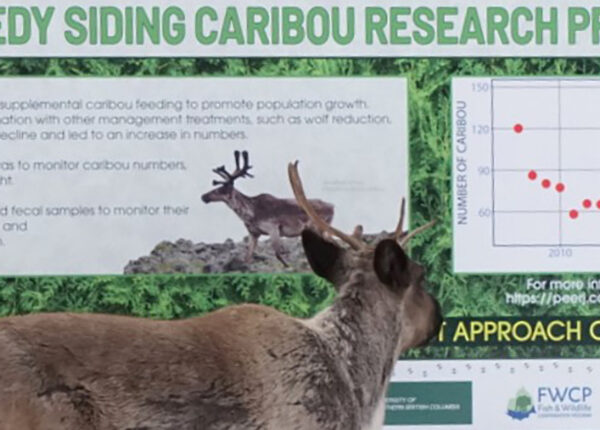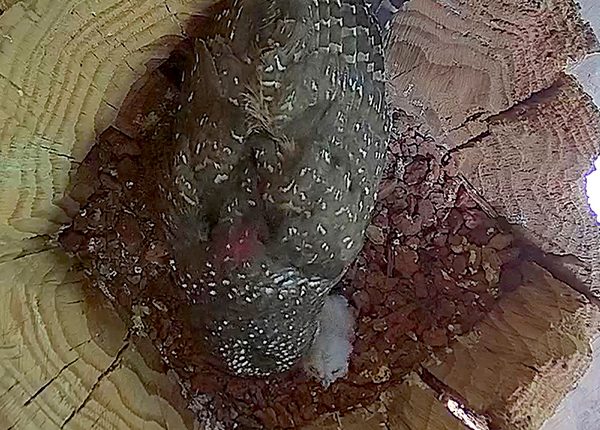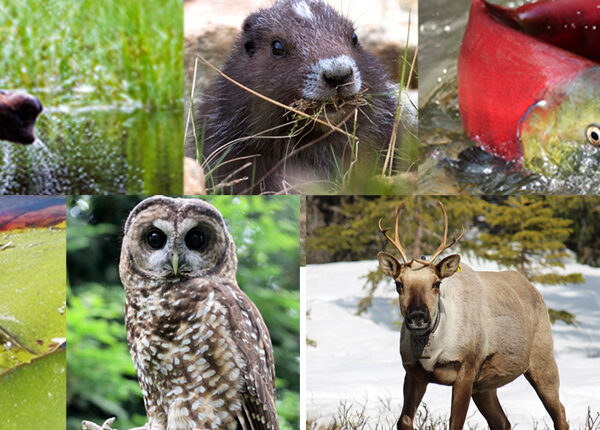Notice of intent: supporting early engagement of First Nations
In our Columbia and Peace regions, a mandatory notice of intent (NOI) is the first step in completing your grant application. A notice of intent is not required in our Coastal Region.
The next grant intake will open in summer 2025.
The NOI is an important part of our commitment to First Nations. It helps identify opportunities for First Nations perspectives on and involvement in your project. The NOI also helps our Columbia and Peace region managers give you additional guidance to support your grant application.
Strengthened engagement of First Nations is a priority for our regional boards and a consideration during the review and evaluation of all grant applications.
Our First Nations Working Groups will review the NOIs and our regional managers will let you know by the end of September which First Nation(s)want to engage with you about your proposed project and grant application.
Follow our guidance for contacting First Nations
The purpose of this early engagement is to explore and confirm opportunities for interested First Nations to be engaged in your proposed project. We expect your initial contact with First Nations will occur as soon as possible after receiving written notice of the First Nations you have been directed to contact.
We encourage grant applicants to contact First Nations via email and provide relevant information about the proposed project along with your initial ideas for First Nations engagement in your project (two to three sentences).
When you connect with First Nations contacts, use these seven points to guide your discussion:
- First Nations priorities and values: Discuss specific priorities and values for the First Nation and identify how this information can be incorporated into the project scope.
- Community activity timelines and protocols: Discuss the timelines of the project activities relative to traditional, cultural, or community activities, and how to ensure there is no conflict between activities. The Nation may need you to follow certain protocols (e.g., research protocols) when working in their area, so ensure you discuss any existing protocols they may have.
- First Nations knowledge: Discuss opportunities to incorporate First Nations knowledge into the project scope.
- Training opportunities: Discuss and determine First Nations training opportunities related to the project (e.g., electrofishing certification). Costs associated with First Nations training can be included as a budget line item in the project application.
- Employment approach: Discuss a preferred approach to hiring First Nations members and determine appropriate daily rates for First Nations (e.g., hiring members on an individual basis or hiring through the First Nation or a First Nation-owned company).
- Sharing project results: Regardless of the type of relationship you are establishing with First Nations, sharing projects results with First Nations communities is an important component to consider in your project. Discuss a preferred approach to meaningfully share project results with First Nations (e.g., sharing report, community presentation etc.).
- Type of relationship: FWCP encourages meaningful involvement of First Nations to strengthen and maintain relationships with First Nations. FWCP has defined four types of relationships with, or support by, First Nations. We expect grant applicants to discuss options for involvement with First Nations prior to finalizing and submitting your grant application.
-
- Project development support. A First Nation contributes to project development (e.g., Indigenous knowledge and values incorporated into scope) and implementation (e.g., First Nations have budgeted involvement in the project).
- Working relationship. Budgeted involvement in the project (e.g., First Nations technicians employed through the project).
- Financial or in-kind support. A First Nation contributes funds or in-kind services that increase the total value of the project.
- Support in principle. A First Nation provides a letter of support for the project but is not directly involved in the project.





